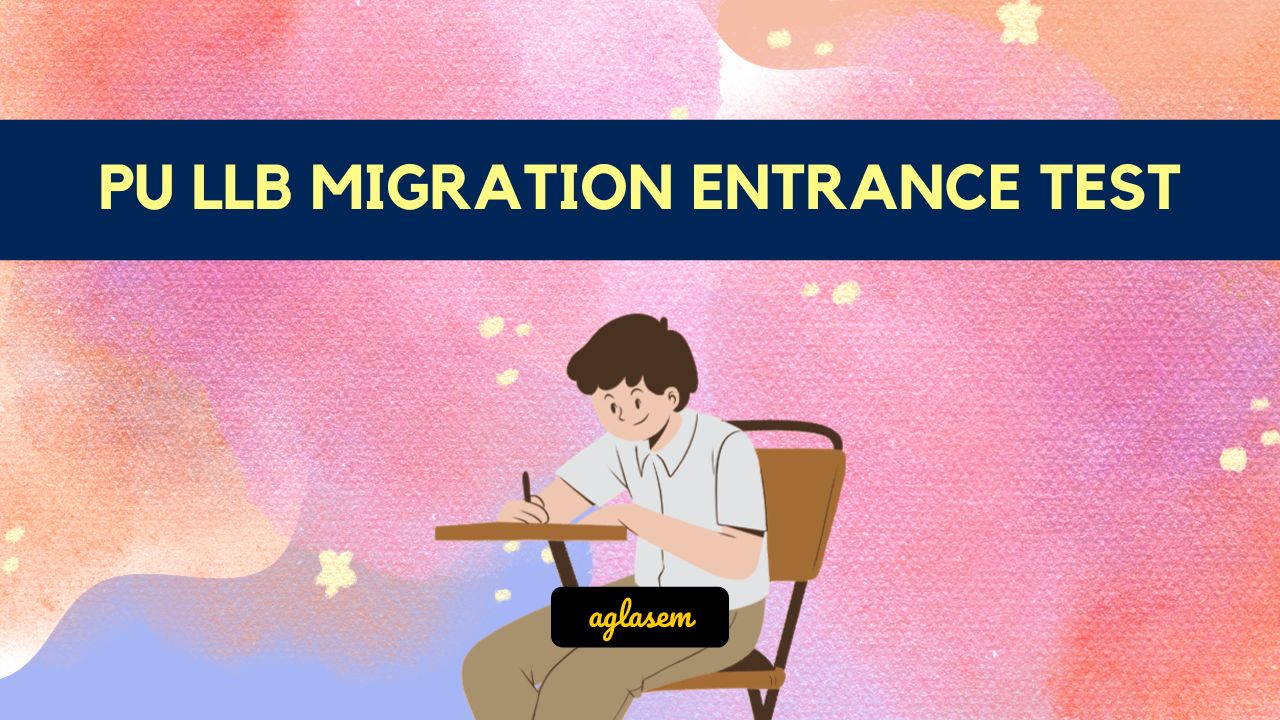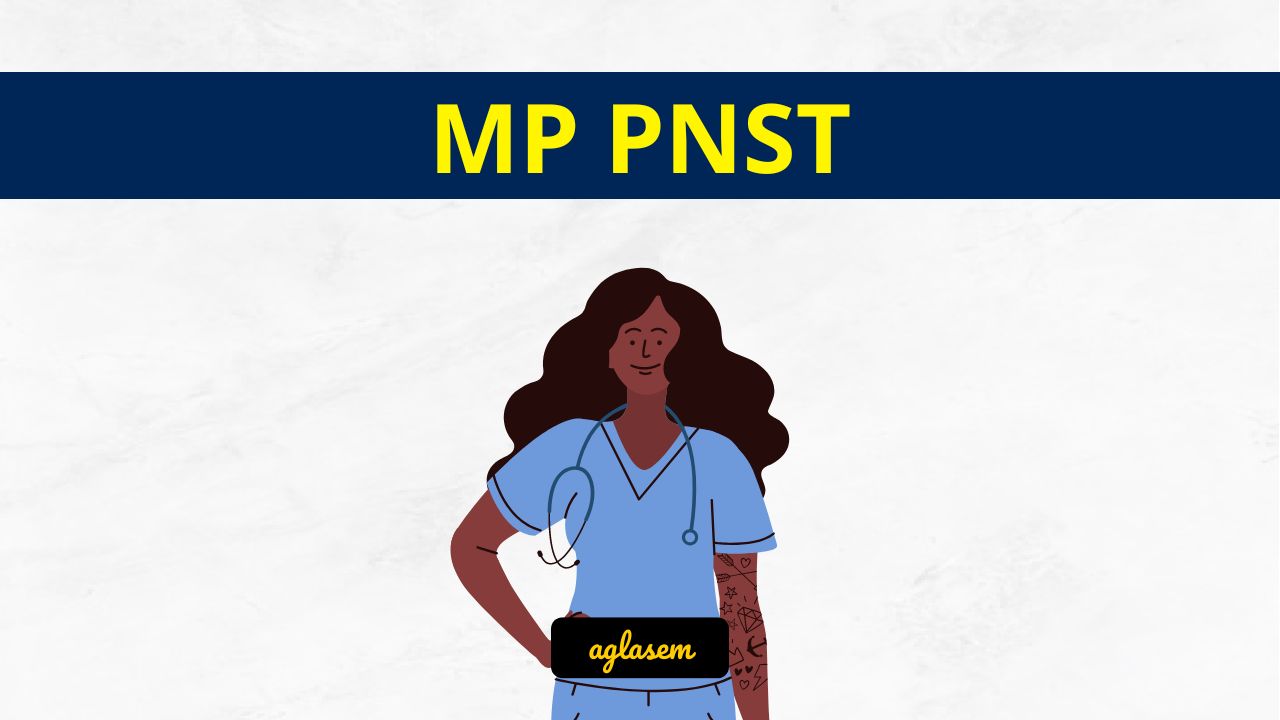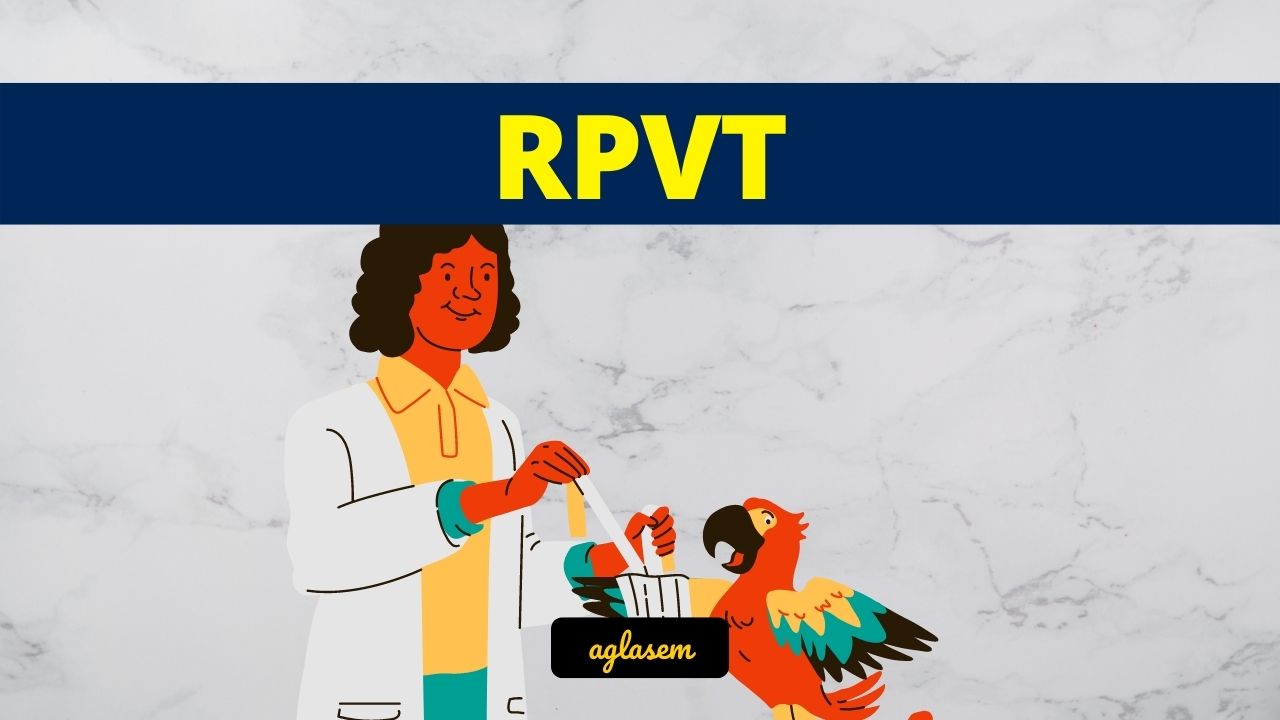GPAT 2025 Syllabus is published by National Testing Agency (NTA). If you are preparing for Graduate Pharmacy Aptitude Test, then you can download the GPAT Syllabus PDF to prepare for exam. The syllabus of GPAT exam indicates subjects and topics to study for the entrance exam. Therefore if you complete this exam syllabus and other aspects of GPAT preparation, then you can aim to get good score and rank in GPAT 2025.
GPAT 2025 Syllabus
What is GPAT Syllabus 2025?
The GPAT 2025 syllabus is the list of important topics, and chapters from which questions will be asked in Graduate Pharmacy Aptitude Test. The syllabus for GPAT is as follows.
GPAT 2025 Syllabus PDF Download Link – You can download the 2025 syllabus as per its issuance by NTA at gpat.nta.nic.in or here. The last year’s syllabus was as follows. – Click Here to Download Syllabus PDF
GPAT 2025 Syllabus PDF
The complete curriculum is as follows. Whether you go for GPAT coaching or study on your own, it is important to complete the syllabus for Graduate Pharmacy Aptitude Test. So you can download the GPAT syllabus PDF and refer it anytime during your course of preparation.
You can download the 2025 syllabus as per its issuance by NTA at gpat.nta.nic.in or here. The last year’s syllabus was as follows.
GPAT 2023 Syllabus View DownloadGPAT 2025
The GPAT is a National level Pharmacy entrance exam. It is organized by National Testing Agency for admission to M. Pharm in AICTE approved Institutions, University Departments, Constituent Colleges, Affiliated Colleges. You can know all about the exam here on aglasem.com.
How to download GPAT Syllabus?
You can download the syllabus of GPAT 2025 from here on aglasem.com easily with following steps.
- Search GPAT 2025 syllabus aglasem and land on this page.
- Then click the link for syllabus for GPAT exam to open the document.
- After that click download PDF link for syllabus of Graduate Pharmacy Aptitude Test .
While you must study all topics given in syllabus of this Pharmacy entrance exam. Also solve GPAT previous year question papers to see what types of questions to expect in exam conducted by NTA, and chapter wise weightage. Moreover study all topics of GPAT syllabus from GPAT 2025 Preparation Books.
GPAT Syllabus – An Overview
The key highlights of this preparation resource are as follows.
| Aspects | Details |
|---|---|
| Name of Exam | GPAT |
| Full Form | Graduate Pharmacy Aptitude Test |
| Study material Here | Syllabus of GPAT |
| Complete Details of This Exam | GPAT 2025 |
| Similar Exams | Pharmacy Entrance Exams |
| Official Body for Exam and Its Syllabus | NTA |
| Full Name of Body | National Testing Agency |
| Level of Examination | National Level |
| States of Region Where Institutes Accepting Exam Scores Are | India |
| Exam and Syllabus Official Website | gpat.nta.nic.in |
| Courses Where Admission Is Through This Exam | M. Pharm |
| Colleges Where Admission Is Through This Exam | AICTE approved Institutions, University Departments, Constituent Colleges, Affiliated Colleges |
If you have any queries on GPAT 2025 Syllabus, then please ask in comments below.
To get exam alerts and news, join our Whatsapp Channel.







